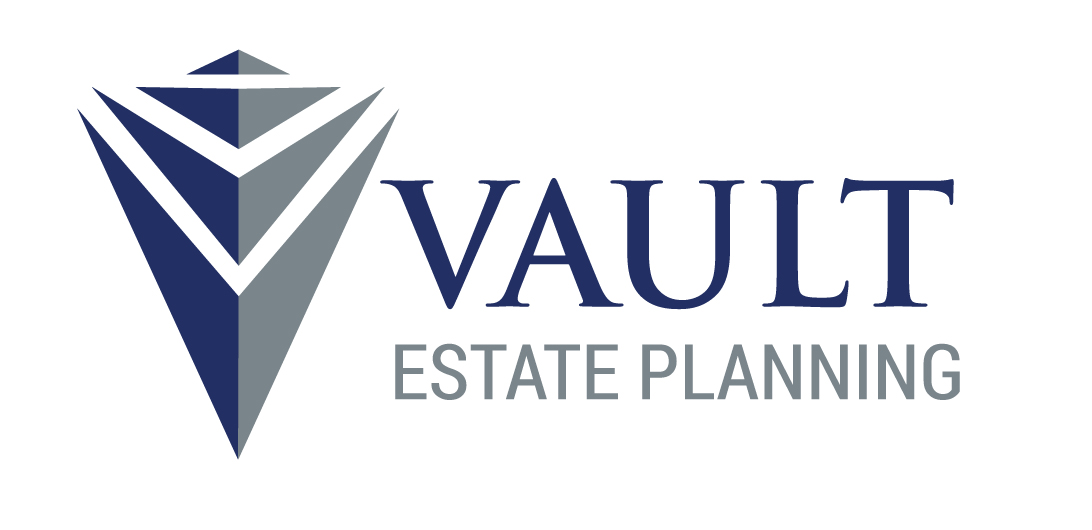Advance Healthcare Directive
Make Your Healthcare Wishes Known with an Advance Healthcare Directive
What is an Advance Healthcare Directive or Healthcare Power of Attorney (HCPA)?
An Advance Healthcare Directive, also known as a Healthcare Power of Attorney (HCPA), is a legal document that outlines your preferences for medical treatment and designates someone to make healthcare decisions on your behalf if you are unable to do so. This ensures your healthcare wishes are respected and provides clear guidance to your loved ones and medical professionals.
Benefits of an Advance Healthcare Directive
1. Control Over Your Healthcare
Specify your medical treatment preferences, ensuring your wishes are followed even when you cannot communicate them yourself.
2. Designate a Trusted Decision-Maker
Appoint a trusted person to make healthcare decisions on your behalf, providing peace of mind that your best interests are being considered.
3. Reduce Family Stress
Provide clear instructions to your loved ones, reducing the emotional burden and potential conflicts during critical times.
4. Avoid Unwanted Treatments
Prevent unwanted or unnecessary medical interventions, ensuring that your healthcare aligns with your values and preferences.
How Does an Advance Healthcare Directive Work?
- Preparation: You complete the Advance Healthcare Directive form, specifying your healthcare preferences and appointing a healthcare proxy.
- Legal Documentation: The document is signed, witnessed, and, in some cases, notarized to ensure its legality.
- Activation: The directive becomes effective if you become incapacitated and are unable to make your own healthcare decisions.
- Decision-Making: Your designated healthcare proxy steps in to make decisions based on your documented wishes and any additional guidance you have provided.
Setting Up an Advance Healthcare Directive Correctly
- Reflect on Your Values: Consider your values, beliefs, and preferences regarding medical treatment and end-of-life care.
- Choose a Healthcare Proxy: Select a trusted person who understands your wishes and is willing to make decisions on your behalf.
- Document Your Wishes: Clearly outline your healthcare preferences in the Advance Healthcare Directive form.
- Legal Formalities: Sign the document in the presence of witnesses and, if required, have it notarized.
- Communicate: Discuss your wishes with your healthcare proxy, family members, and healthcare providers to ensure everyone is aware of your preferences.
Common Mistakes When Setting Up an Advance Healthcare Directive
- Lack of Clarity: Failing to provide specific instructions can lead to confusion and misinterpretation of your wishes.
- Not Updating the Document: Regularly review and update your directive to reflect any changes in your health, values, or preferences.
- Choosing an Uninformed Proxy: Ensure your healthcare proxy fully understands your wishes and is prepared to advocate for them.
- Ignoring Legal Requirements: Make sure the document meets all legal requirements in your state, including proper witnessing and notarization if necessary.
- Poor Communication: Failing to communicate your wishes to your proxy, family, and healthcare providers can lead to misunderstandings and conflict.
Why Choose Vault Estate Planning?
At Vault Estate Planning, we help you navigate the complexities of creating an Advance Healthcare Directive. Our experienced attorneys will guide you through the process, ensuring your healthcare wishes are clearly documented and legally binding. We provide personalized advice to help you make informed decisions about your healthcare.
Get Started Today!
Ensure your healthcare wishes are respected and provide peace of mind to your loved ones with an Advance Healthcare Directive. Schedule a free consultation with Vault Estate Planning today and take control of your future healthcare decisions.
